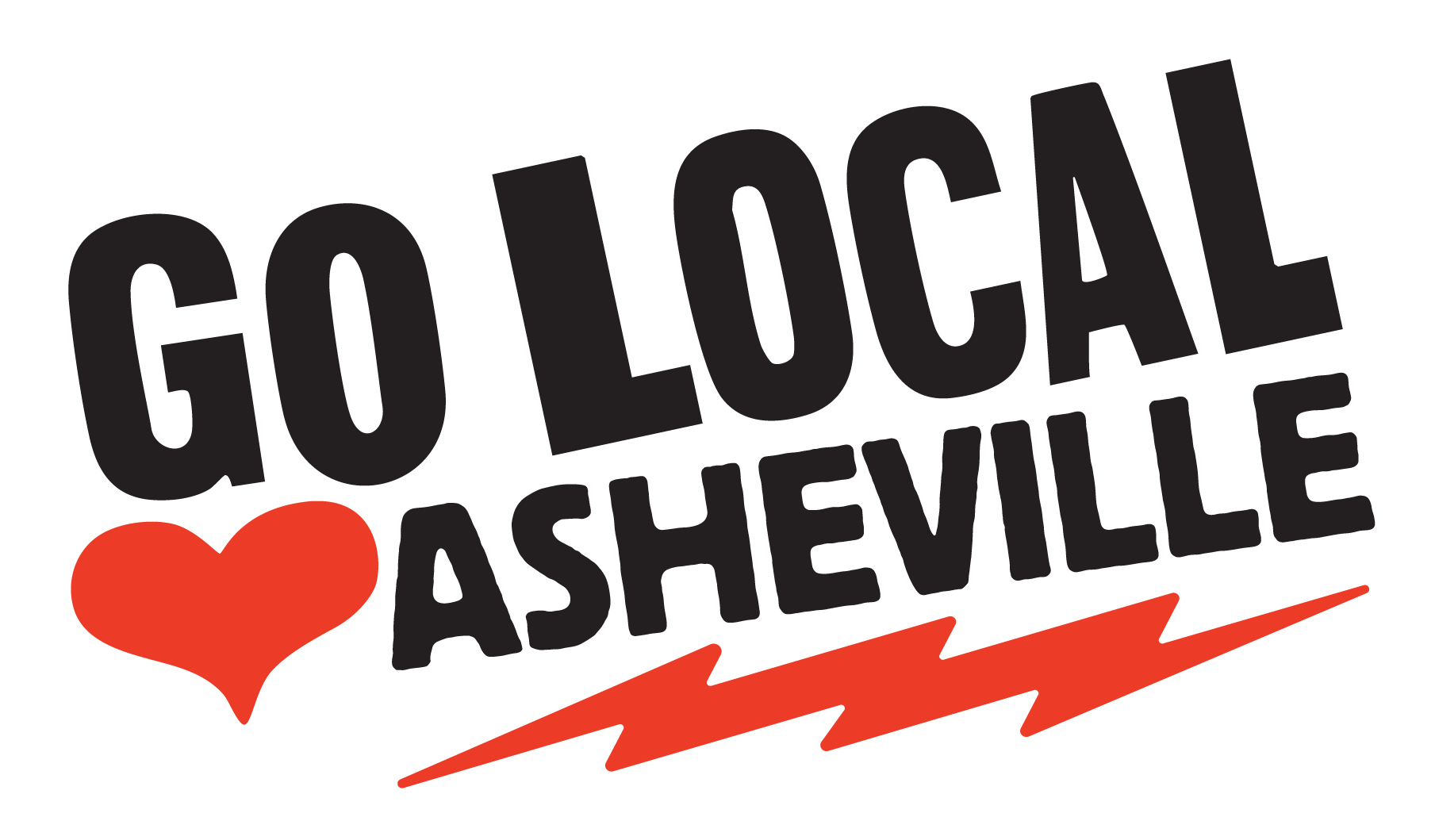We have a very critical and very brief window of opportunity over the next few days on passing internet sales tax fairness. There is a fierce debate in the House about whether to take up the bill for a vote.
From IndieBizAdvocates.org:
 Independent brick-and-mortar retailers are at a significant competitive disadvantage by virtue of the fact that they are required to collect state and local sales taxes, while many of their large online competitors are not. Combined state and local sales tax rates range from 6% to 10% in most states and can top 12% in some cities, according to the Tax Foundation.
Independent brick-and-mortar retailers are at a significant competitive disadvantage by virtue of the fact that they are required to collect state and local sales taxes, while many of their large online competitors are not. Combined state and local sales tax rates range from 6% to 10% in most states and can top 12% in some cities, according to the Tax Foundation.
It’s hard to compete if you have to impose this cost on customers while your online rivals do not. In fact, a recent study of the spending patterns of over 240,000 households by economists at Ohio State University found that this disparity is driving a significant share of Amazon’s sales, at the expense of brick-and-mortar businesses.
Independent retailers strongly believe that Congress needs to pass legislation to level the playing field. In our 2014 survey of over 1,200 independent retailers, more than 75% said that the sales tax disadvantage was negatively impacting their sales, and respondents ranked passing e-fairness legislation as their top policy priority.
We favor a level playing field in which all retailers — whether they operate online, through a physical location, or both — are subject to the same requirements to collect sales taxes. Allowing remote retailers to skirt their obligation to collect sales taxes gives these companies a significant competitive advantage over brick-and-mortar businesses.
We support both the Marketplace Fairness Act, which passed the U.S. Senate in May 2013, as well as state “nexus laws,” which clarify the sales tax obligations of large online retailers and have passed in more than a dozen states.
 AIB Statement on House Judiciary Committee’s Internet Sales Tax Hearing (Mar. 11, 2014)
AIB Statement on House Judiciary Committee’s Internet Sales Tax Hearing (Mar. 11, 2014)- AIB’s Business Week Commentary on Internet Sales Tax Fairness (Nov. 23, 2013)
- Sales Tax Fairness FAQ
- Background on Sales Tax Fairness and State & Federal Policy Solutions
- Marketplace Fairness Act
- State-by-State E-Fairness Action Kits
Access to Credit
Local entrepreneurs are struggling to secure the financing they need to start and grow their businesses. The availability of loans and capital for local small businesses has declined significantly over the last decade. AIB’s 2014 national survey of over 2,600 independent businesses found that 42 percent of those that needed a business loan in the last two years were unable to obtain one.
We support policies to reverse the decline of community banks, which provide the lion’s share of small business loans. We support efforts to ensure that SBA loan guarantee programs provide an adequate, sound, and efficient means of expanding credit access, particularly for very small businesses. We favor exempting loans made by credit unions to very small businesses from the current cap on credit union business lending.
 Ending Public Subsidies for Big Business
Ending Public Subsidies for Big Business
Each year, cities and counties provide hundreds of millions of dollars in tax breaks and other incentives to support the construction of shopping malls, big-box stores, chain hotels, and other developments that undermine the viability of nearby locally owned businesses and ultimately lead to a net loss of jobs. State and federal tax loopholes similarly allow some large companies to escape their tax obligations, even as their smaller competitors cannot.
We favor closing tax loopholes and ending subsidies that give big businesses an unfair competitive advantage over local, independent businesses.


Facebook
Follow usInstagram
Follow us